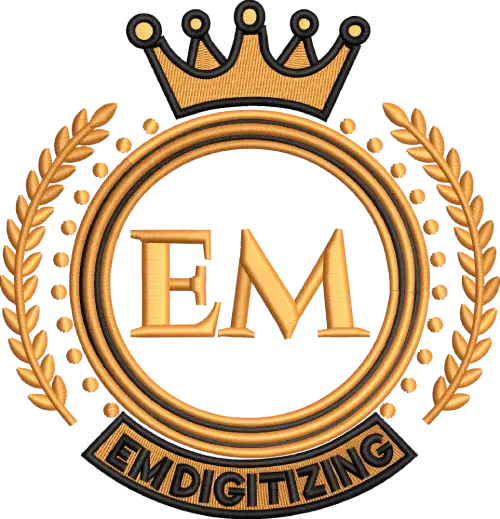The 13 Essential Embroidery Tools You Must Have
In this article, we will explore some of the essential embroidery tools and materials that every embroiderer should have in their kit. From the best embroidery floss and fabric to the right needles, best embroidery scissors, and hoops, we will cover everything you need to know to create stunning hand-embroidered designs. So, whether you are looking for embroidery supplies near me or want to know how to embroider by hand, keep reading to discover the must-have tools for this delightful craft!
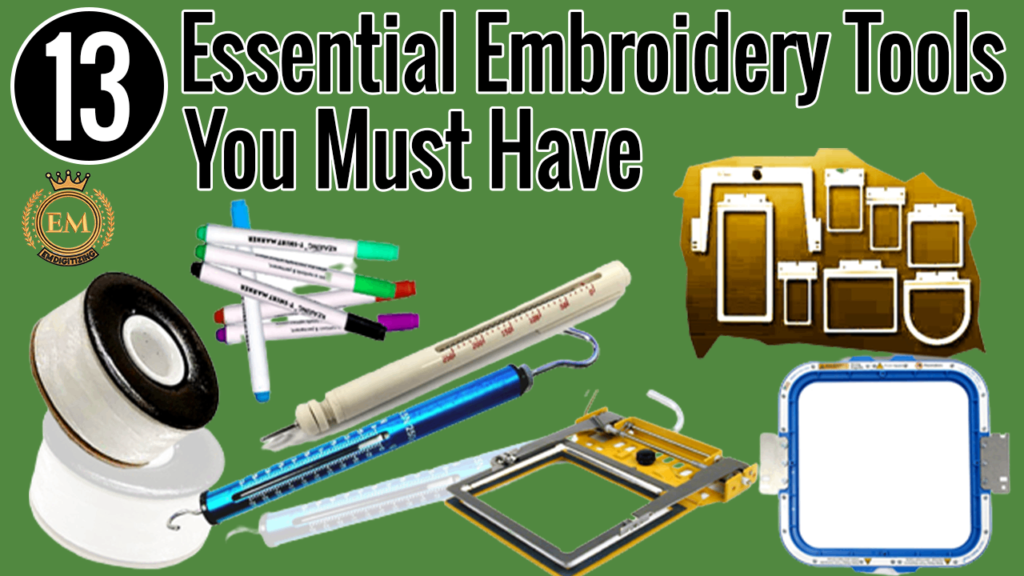
The 13 Essential Embroidery Tools You Must Have
The 13 Essential Embroidery Tools You Must Have
Embroidery is a beautiful and intricate craft that has been around for many years. From decorative embellishments on clothing to intricate wall hangings, embroidery can add a unique touch to any project. Whether you are a seasoned pro or just starting out, having the right tools and materials is crucial for achieving stunning results.
Let’s explore the thirteen essential embroidery tools and materials that every embroiderer should have in their kit. From the best embroidery floss and fabric to the right needles, scissors, and hoops, we will cover everything you need to know to create stunning hand-embroidered designs
Embroidery Needles:
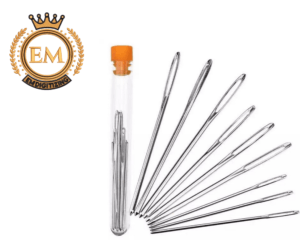
The first and most important tool for any embroiderer is the embroidery needle. There are various types of needles available for different types of embroidery tools, so it’s essential to choose the right one for your project. For general embroidery, a sharp-pointed embroidery needle with a large eye is ideal. For more intricate work, a smaller needle may be necessary.
Embroidery needles are available in different sizes, ranging from size 12 to size 26. Size 12 needles are ideal for thicker threads, while size 26 needles are best for finer threads.
Embroidery Thread:

Embroidery thread is specially designed for use with embroidery machines. It is stronger and shinier than regular sewing thread, and it comes in a variety of colors and textures. Some popular brands of embroidery thread include Madeira, Sulky, and Robison-Anton.
When choosing embroidery thread, it’s important to consider the weight of the thread. Thicker thread (such as 30 weight) is good for bold designs, while thinner thread (such as 60 weight) is better for intricate details.
Embroidery Floss:
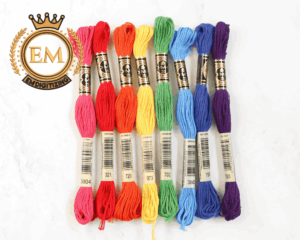
Embroidery floss is a must-have tool for embroidery for any embroidery project. It is a type of thread made up of six strands that can be separated for different thicknesses. Embroidery floss comes in a variety of colors, and you can even blend colors to create unique shades. For best results, choose high-quality embroidery floss that doesn’t tangle easily.
Best Embroidery Scissors:
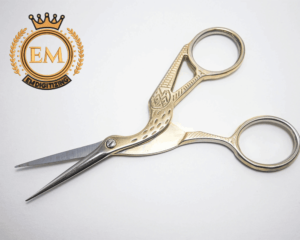
Embroidery scissors are small and sharp, with a pointed tip that makes it easy to cut threads close to the fabric without damaging the surrounding stitches. There are various types of embroidery scissors available, including curved scissors, straight scissors, and snips. Select the type that suits your needs and requirements.
Embroidery Hoops:
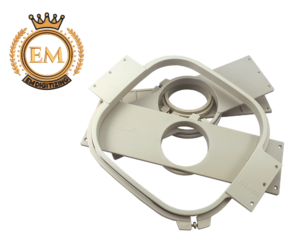
Embroidery hoops are circular or oval frames that hold the fabric taut while you embroider. They come in various sizes and materials, including plastic, wood, and metal. Wooden embroidery hoops are a popular choice as they are lightweight and easy to handle.
When choosing an embroidery hoop, select a size that is appropriate for your project. If the hoop is too small, you will need to reposition it frequently, which can be time-consuming. If the hoop is too large, it may be challenging to maneuver around the fabric.
Best Embroidery Fabric:
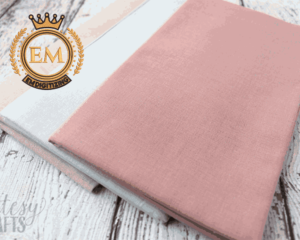
Embroidery fabric is the material that you embroider on. It can be any type of fabric, but it should be a high-quality material that won’t fray easily. Aida cloth is a popular choice for beginners as it has visible holes that make it easy to stitch evenly. Other popular embroidery tool fabrics include linen, cotton, and even silk.
Embroidery Transfer Tools:
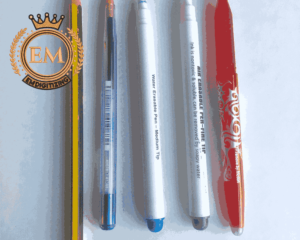
Embroidery transfer tools are used to transfer your embroidery design onto your fabric. There are various types of transfer tools available, including tracing paper, water-soluble markers, and transfer pens. Choose the type of transfer tool that suits your needs and the type of fabric you are working on.
Bobbins:
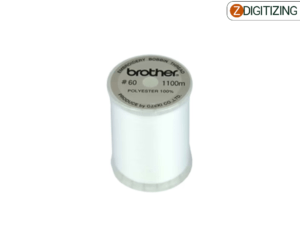
Bobbins are small spools that hold the bottom thread in an embroidery machine. They are essential for stitching out designs. It’s important to make sure you are using the correct size and type of bobbin for your embroidery machine. Many machines come with a set of bobbins, but you can also purchase additional bobbins separately.
Embroidery Accessories:
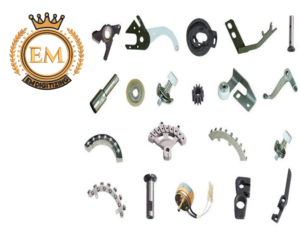
Embroidery accessories can make your embroidery experience more enjoyable and efficient. These may include items like a thimble, a thread organizer, and a magnifying glass. These accessories can help to protect your fingers, keep your thread organized, and make it easier to see your stitches.
Embroidery Patterns:
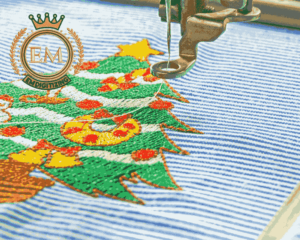
Embroidery patterns are designs that you can use to create your embroidered piece. They come in various forms, including books, PDF downloads, and kits. Choose a pattern that appeals to your personal style and skill level. Some patterns may be more challenging than others, so it’s essential to choose a pattern that is appropriate for your level of expertise.
When selecting an embroidery pattern, make sure it includes a clear and concise set of instructions. This will ensure that you can complete the project accurately and efficiently. Some patterns may include a stitch guide, which can be helpful if you are new to embroidery.
Marking Tools:
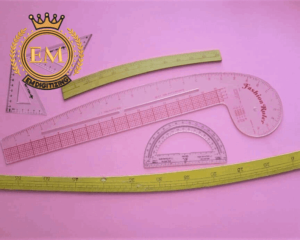
Marking tools are used to transfer designs onto fabric. They can include items such as chalk, water-soluble pens, and heat-erasable pens. It’s important to choose a marking tool that is appropriate for the fabric you are using and that will not damage the fabric or stain it permanently.
Rulers and Measuring Tools: Accurate measuring is essential for embroidery tools projects. You’ll need rulers and measuring tools to measure fabric, mark designs, and make sure everything is lined up correctly. Some popular measuring tools for embroidery include tape measures, rulers, and seam gauges.
Cleaning Supplies:
Finally, it’s important to have cleaning supplies on hand to keep your embroidery machine in good working order. This can include items such as lint brushes, canned air, and oil. Regular cleaning and maintenance will help prolong the life of your embroidery machine and ensure that it continues to produce high-quality embroidery designs.
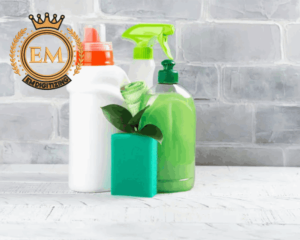
Embroidery is a beautiful craft that can be enjoyed by every type of individual and that too at skill levels. By investing in the right tools and materials for embroidery, you can create stunning hand-embroidered designs that are unique and personalized. Remember to choose high-quality embroidery floss, needles, scissors, hoops, and fabric for the best results. Don’t forget to include embroidery transfer tools, accessories, and patterns to make your embroidery experience more enjoyable and efficient.
Whether you are a seasoned embroiderer or just starting out, having these essential embroidery tools and materials in your embroidery tools kit will ensure that you can create stunning designs with ease and confidence. With a little practice and patience, you can master the art of embroidery and create beautiful works of art that will be treasured for years to come.
Conclusion:
We enjoyed writing this article and hope you enjoyed reading it too. If you’re looking for custom embroidery logo digitizing, EM DIGITIZING is the top choice. Our services are of the highest quality and we are currently offering a 50% discount on first orders. You can request a free quote to get started. We hope this information is helpful and welcome any questions you may have. Thanks for reading!
Embroidery can be done on a variety of fabrics such as cotton, linen, silk, wool, and synthetic blends. Threads made of cotton, silk, wool, rayon, metallic, and specialty fibers can also be used. Other materials include embroidery floss, beads, sequins, and ribbons.
The main tool used in embroidery is the embroidery hoop. It is used to keep the fabric taut and in place while stitching, preventing it from puckering or distorting. Hoops come in various sizes and shapes to fit different types of projects.
The needle is the primary tool used to make stitches in embroidery. Needles come in different sizes and shapes, with different point types depending on the type of fabric and stitch being used.
An embroidery needle is a specialized needle used for embroidery. It has a sharp point and a long eye to accommodate thicker threads such as embroidery floss or yarn. Embroidery needles come in different sizes and shapes for various types of stitches.
Yes, the embroidery needle is one of the most important tools in embroidery. It is essential for creating the stitches that make up the embroidery design. Using the correct needle for the fabric and thread being used is crucial for achieving the desired results.
